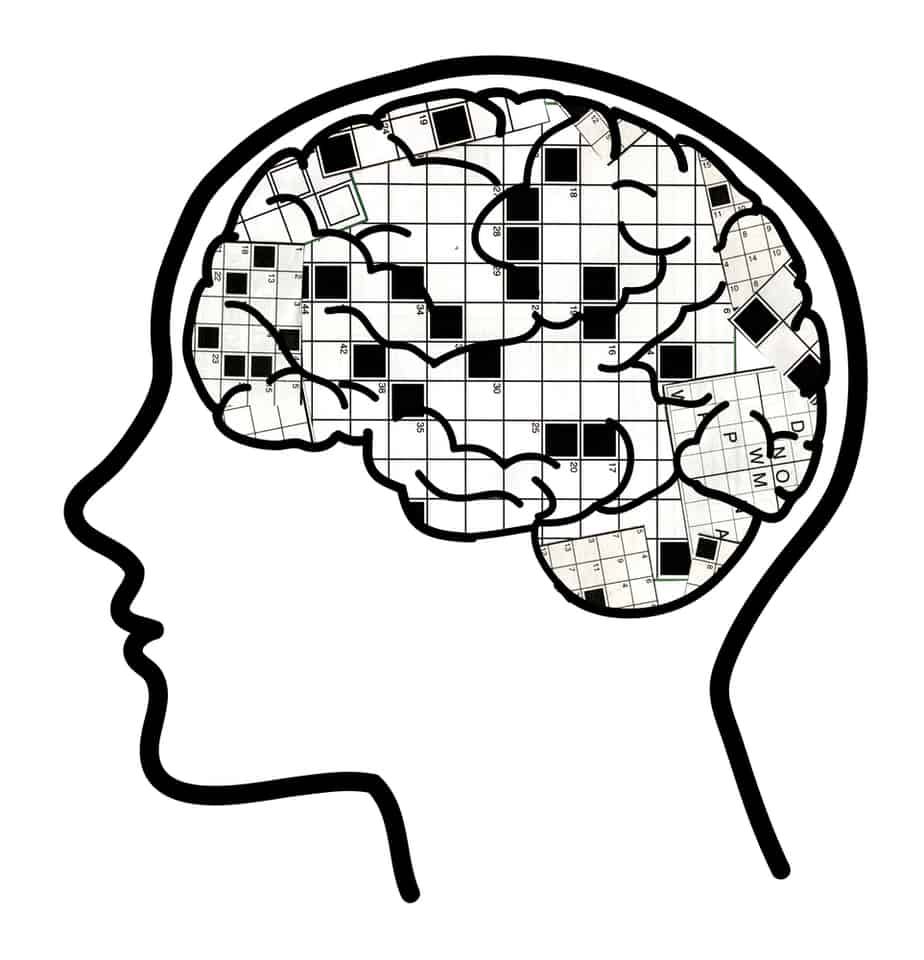Is it obvious that the Earth is a globe or is it actually more certain that it couldn't be? And does it really matter which view is the more natural one for an unbiased investigator to take? When we are assaulted on all sides by claims that may seem crazy on their face, should we commit to finding things out on our own and not taking anybody else's word for anything, or is the sensible thing to look around for experts, since we surely have neither the time, money nor expertise to figure out most things on our own? But what if the experts are wrong--or worse, members of a powerful group that has the intention of deceiving the rest of us? Who, what can we trust?
Naturally, Weill can't answer all the crucial epistemological questions: some have puzzled history's greatest thinkers. But it provides insight into both the most personal and the most dangerous angles. There is infinite Antarctic ice to be found here, and brazen hucksterism, and blatant antisemitism, and lizard people, and arguments with cracked premises and only insults for conclusions, and accidental death on behalf a cuckoo theory, delivered by a powerful steam rocket's impact with the Earth.
The crossword in the picture above is an homage to Susan Haack's classic Evidence and Inquiry, a a book whose "foundherentism" centers on the fact that we cannot just get lost in the "across clues": we must always also consider the "downs."


No comments:
Post a Comment